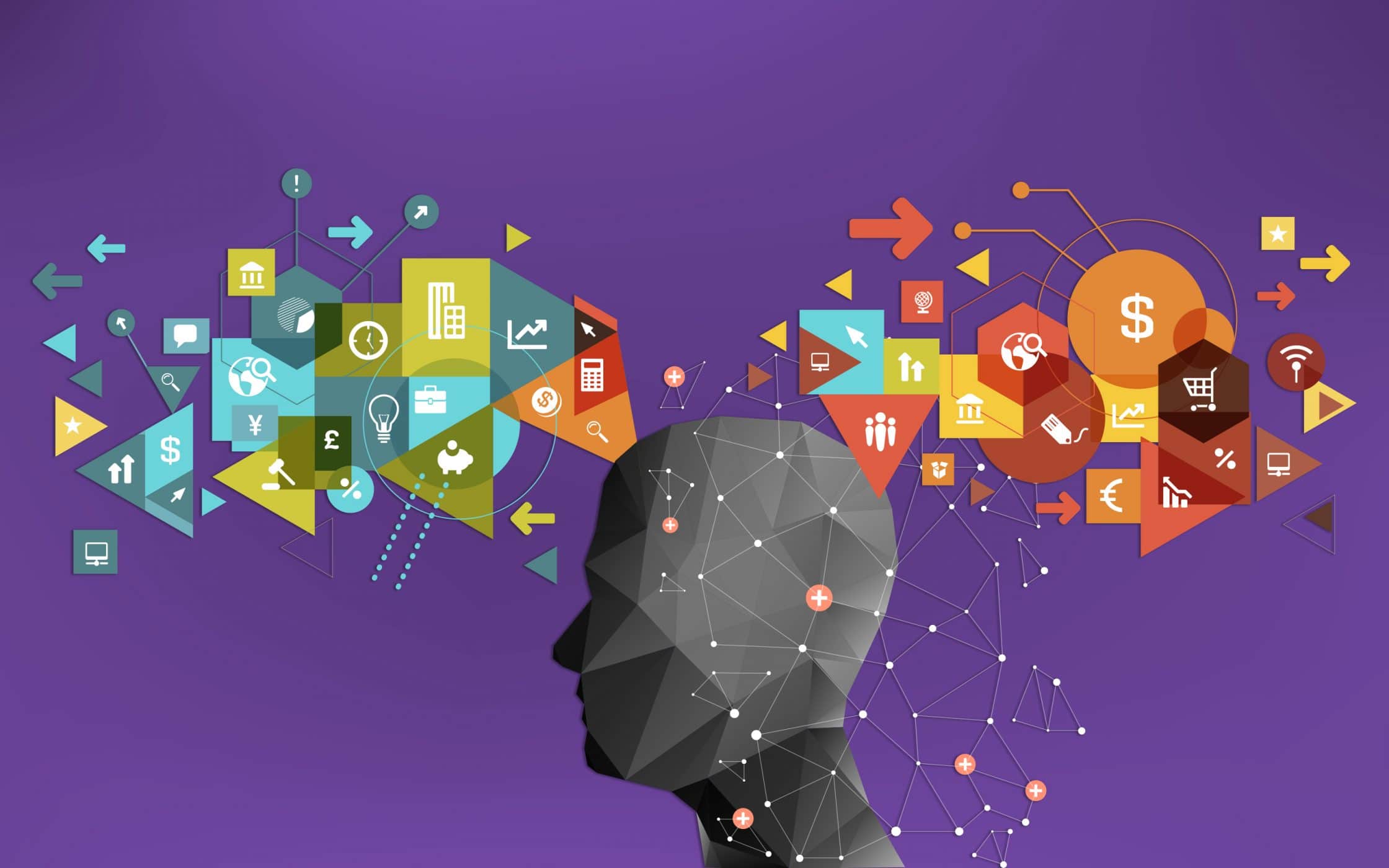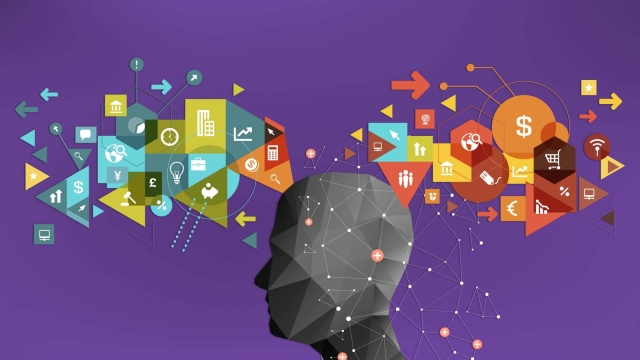In our ever-evolving digital landscape, where technology continues to reshape the way we consume information, AI-generated news has emerged as a groundbreaking phenomenon. This revolutionary development has started to blur the lines between human creativity and artificial intelligence, as algorithms take center stage in the production of news content. With its ability to rapidly process vast amounts of data and generate tailored articles, AI-generated news has the potential to transform the way news is disseminated and consumed across the globe.
The rise of AI-generated news marks a significant shift in the media landscape, challenging traditional journalism practices and raising important questions about the future of news reporting. As algorithms become increasingly sophisticated, news outlets are harnessing the power of AI to streamline their operations, amplify their reach, and cater to the diverse preferences of their audience. This intersection of technology and journalism offers an exciting glimpse into a future where news generation is not limited by human capacity alone.
However, for all its promise and potential, AI-generated news also presents a number of challenges and ethical considerations. As algorithms take on the role of news writers, concerns surrounding biases, misinformation, and trustworthiness loom large. How can we ensure that AI-generated news remains objective, fair, and reliable? Are these algorithms equipped to understand the nuances of complex social and political issues? Moreover, as newsrooms increasingly rely on AI, what impact will this have on the job market for human journalists?
In this guide to AI-generated news, we will dive deep into the intricacies of this burgeoning field. From exploring the technical advancements that enable AI to generate news articles, to unpacking the ethical dilemmas and societal implications, we will provide you with a comprehensive understanding of this groundbreaking innovation. So join us as we dissect the rise of AI-generated news and break boundaries in the realm of information dissemination.
The Impact of AI-Generated News
AI-generated news has had a profound impact on the media landscape in recent years. With the advancement of artificial intelligence technology, news organizations have been able to harness its power to generate and distribute news content at an unprecedented scale and speed.
One major impact of AI-generated news is the increased automation and efficiency it brings to the news production process. By using algorithms and machine learning, AI can sift through vast amounts of data and analyze trends, allowing news organizations to quickly identify and report on breaking news stories. This automation not only saves time and resources but also enables news outlets to provide real-time updates to their audiences, keeping them informed in a rapidly changing world.
Another significant impact of AI-generated news is the personalization of news content. AI algorithms can analyze user preferences and behaviors to tailor news articles and recommendations specifically to individual readers. This personalized approach ensures that readers receive news stories that are relevant and interesting to them, enhancing user engagement and satisfaction. Furthermore, AI-powered chatbots and virtual news assistants can provide personalized news updates and answer users’ queries, creating a more interactive and immersive news experience.
However, the rise of AI-generated news also raises concerns about the potential for misinformation and bias. As AI systems learn from existing data, they may inadvertently perpetuate biases present in the training data, leading to the dissemination of inaccurate or misleading information. Moreover, the lack of human editorial oversight in AI-generated news production poses challenges in ensuring the accuracy and ethical standards of the content.
In conclusion, AI-generated news has brought about significant changes to the media landscape, revolutionizing the way news is produced and consumed. It offers unprecedented automation and efficiency, as well as personalized news experiences for readers. However, it is crucial for news organizations and society as a whole to address the potential pitfalls and challenges posed by AI-generated news to ensure its responsible and ethical use.
Advantages and Challenges of AI in News Generation
AI-generated news is revolutionizing the way news articles are produced and disseminated, offering a myriad of advantages along with a unique set of challenges. Let’s delve into the world of AI-generated news and explore the benefits and obstacles it presents.
1. Efficiency and Speed
One of the primary advantages of employing AI in news generation is the enhanced efficiency and speed it brings to the process. With AI algorithms capable of processing vast amounts of data in a fraction of the time, news articles can be generated rapidly, allowing for quicker dissemination of information. This speed enables news organizations to cover breaking stories promptly, keeping the public informed in real-time.
2. Personalization and Customization
AI-powered news generation also offers the ability to personalize and customize news content. By utilizing machine learning algorithms, AI systems can analyze individual preferences, allowing for tailored news articles that cater to readers’ specific interests. This personalized approach enhances user experience, increasing engagement and readership while ensuring relevance and satisfaction.
3. Fact-checking and Accuracy
In an age where misinformation and fake news are prevalent, AI-generated news brings the advantage of improved fact-checking and accuracy. AI algorithms can sift through vast amounts of information, cross-referencing sources, and verifying facts, thereby reducing the risk of reporting inaccurate or misleading news. By employing AI in news generation, news organizations can enhance journalistic integrity and ensure reliable and trustworthy reporting.
However, along with these advantages, there are also challenges that accompany the rise of AI-generated news. These include concerns related to ethical implications, potential biases in algorithmic decision-making, and the issue of job displacement within the field of journalism. As the usage of AI in news generation expands, a careful balance must be struck to harness its advantages while addressing these challenges, ensuring responsible and inclusive news generation practices.
Ethical Considerations in AI-Generated News

The introduction of AI-generated news has raised important ethical considerations. As we witness the rise of automated news production, it becomes crucial to navigate the potential implications and implications for journalistic integrity, privacy, and accountability.
One aspect to consider is the potential bias that can be embedded in AI-generated news. AI algorithms heavily rely on data inputs, which can lead to biased outputs if the data is not carefully sourced and curated. Ensuring that AI systems are trained on diverse and representative datasets is paramount to fostering unbiased news reporting.
Another ethical consideration is the issue of transparency and disclosure. AI-generated news should be clearly labeled and attributed as such to maintain the trust and confidence of the readers. Disclosure of the involvement of AI technologies in the news creation process allows readers to make informed decisions about the credibility and authenticity of the content they consume.
Lastly, the rapid dissemination of false information is a major concern in the era of AI-generated news. As algorithms become more sophisticated, there is a risk of malicious actors utilizing AI to spread misinformation and manipulate public opinion. Building robust mechanisms for fact-checking and verification becomes vital in combating the spread of misinformation and upholding the principles of responsible journalism.
As we delve deeper into the realm of AI-generated news, it is critical to address these ethical considerations. By fostering transparency, guarding against bias, and implementing effective safeguards against misinformation, we can ensure that AI enhances rather than hinders the quality and trustworthiness of news reporting.



